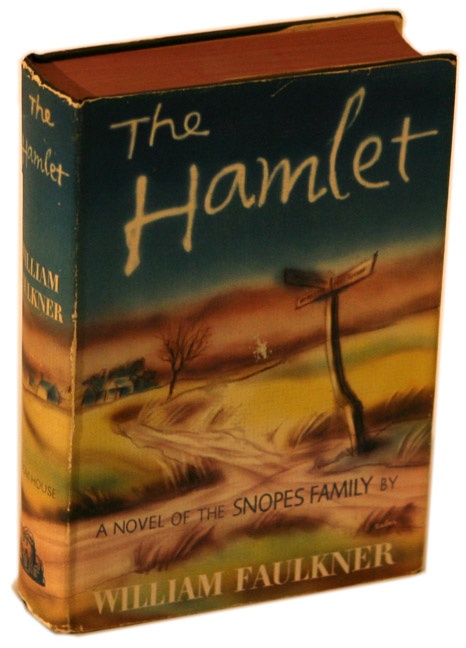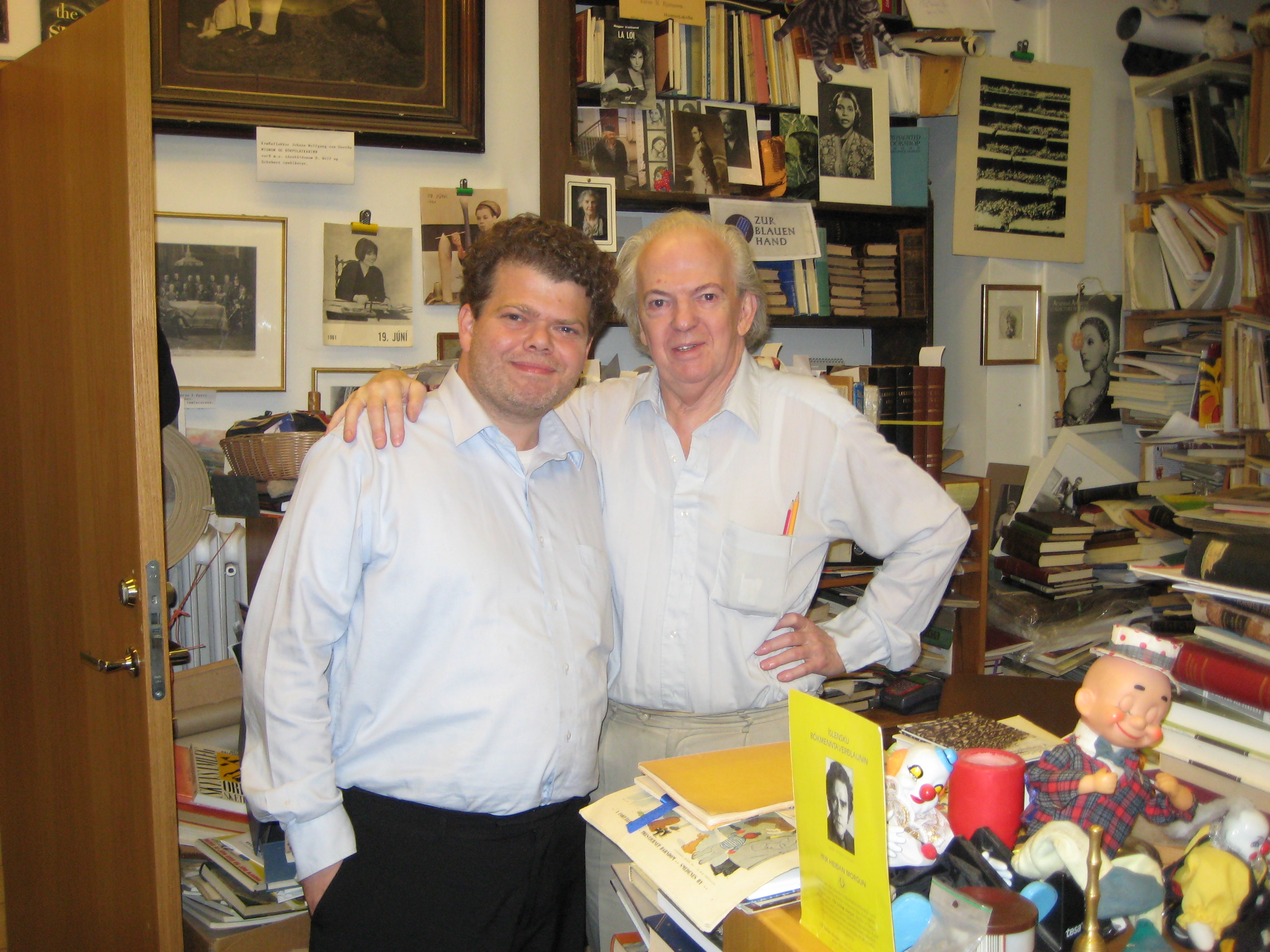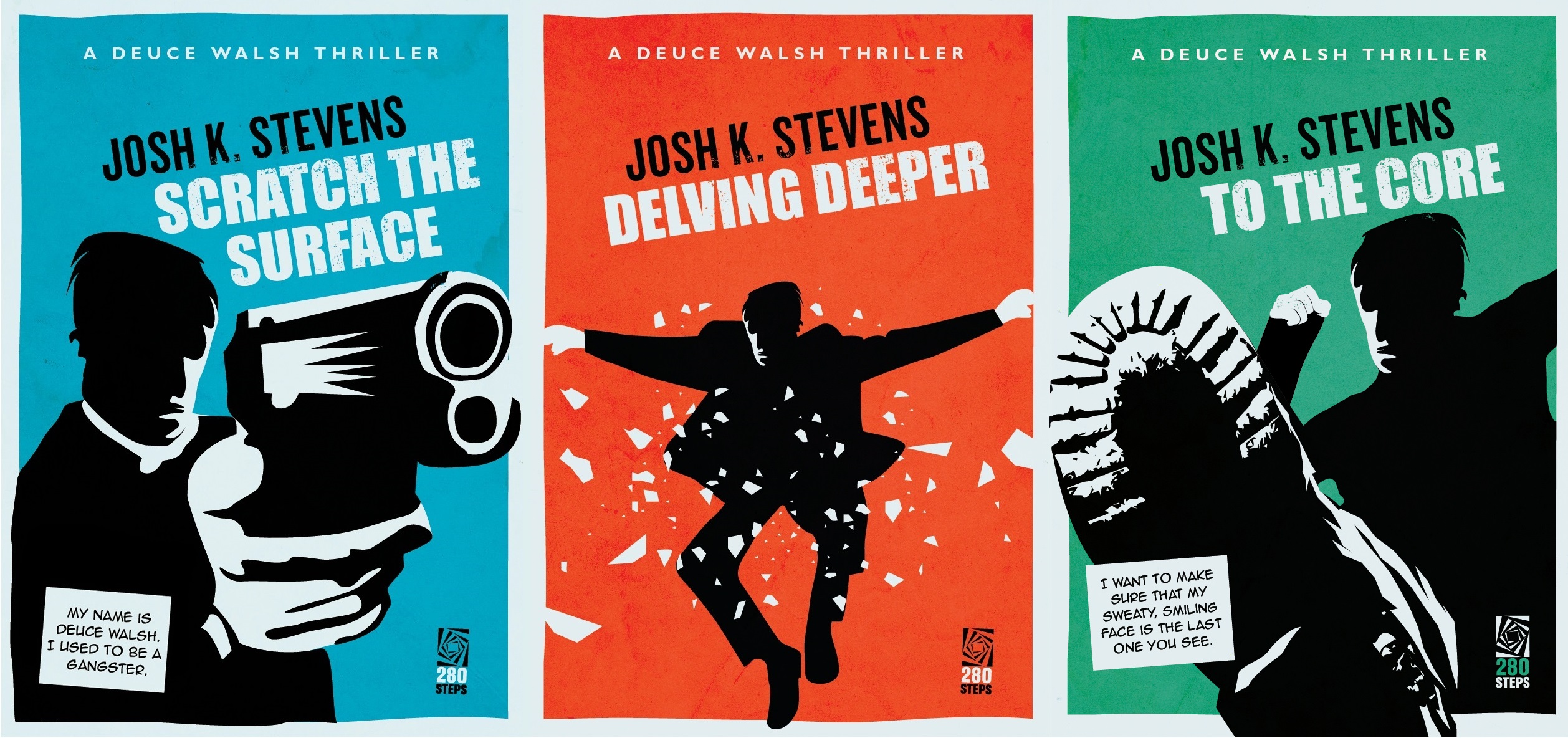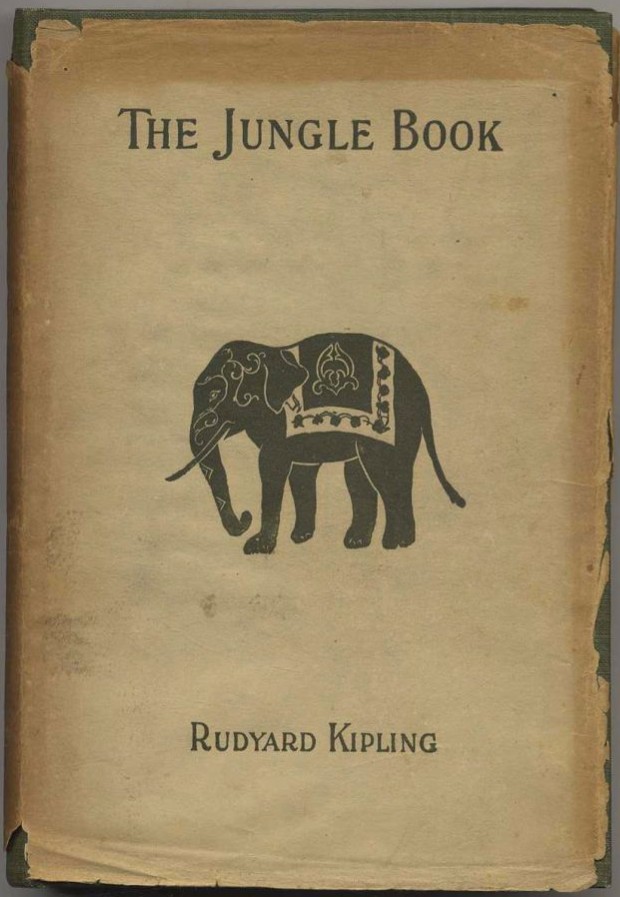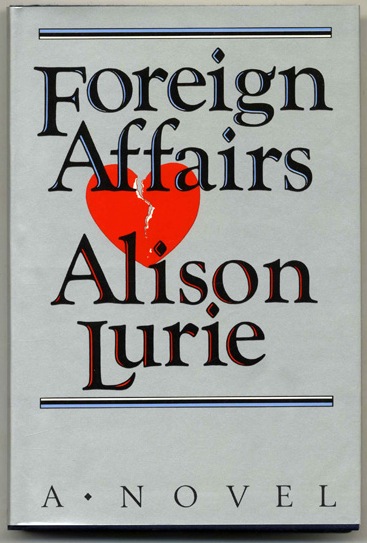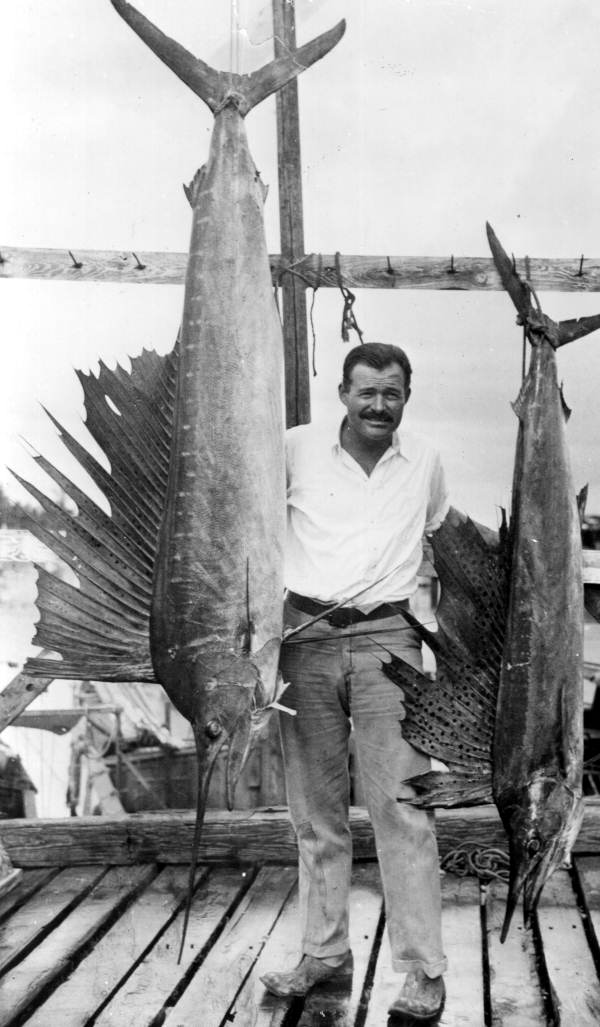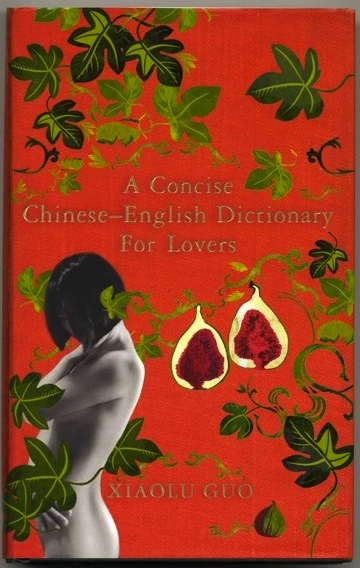The Albert and Shirley Small Special Collections Library at the University of Virginia has a fantastic dust jacket collection. We had the chance to talk with David Whitesell, a curator in the Special Collections library and faculty member at Rare Book School, about some of the many dust jackets the university owns and the significance of these items.
us toll free: 1-800-948-5563 international: +1 (843) 849-0283 UK: +44 (0) 1334 260018




